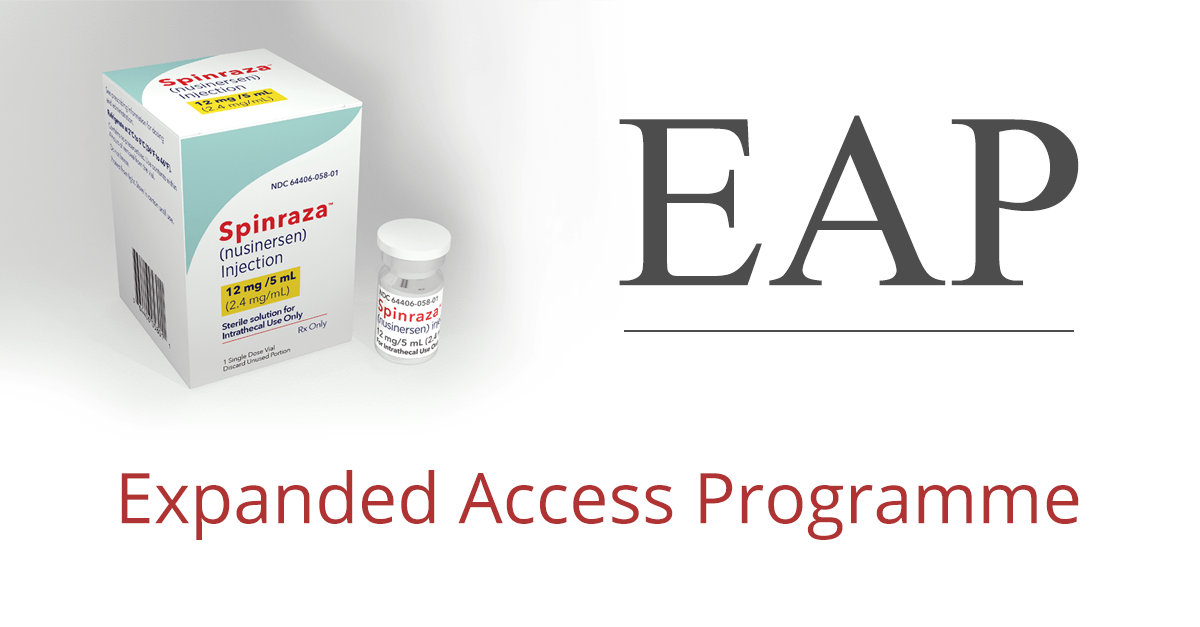In 2016, Biogen, the company behind Spinraza, made the drug available free of cost for the treatment of patients with SMA type 1. The drug is offered via an Expanded Access Programme (EAP), sometimes referred to as compassionate use. In order to address what was deemed a high unmet need for treatment to be made available to babies and children with the most severe form of SMA, the EAP offered access to Spinraza (previously called nusinersen) for type 1 patients in participating hospitals prior to wider approval. Countries covered by the EAP included most of the developed world, including the UK.
Despite the extremely promising results that Spinraza had shown in clinical trials, UK hospitals were extremely slow to initiate the EAP, citing lack of funds or manpower to administer the treatment. As a result, at a time when many European countries had begun to provide Spinraza to all of their SMA type 1 children, in the UK we were still seeing children with SMA type 1 dying before having the chance to start treatment.
From its beginnings TreatSMA campaigned to make the drug available across the country to all babies and children with SMA type 1. Members of our community spoke to MPs, called hospital CEOs, contacted NHS, urging them to help save their children’s lives. We had the support of many doctors who understood how severe SMA type 1 is and how much potential the treatment offers.
The efforts bore success. More and more hospitals in the UK decided to introduce EAP, and the current progress can be seen on the SMA treatment Map. This is in large part an effect of concerted action of the entire UK SMA community.
On 1 November 2018, EAP closed for new intake. Those already enrolled can continue receiving the treatment. SMA became a fatal disease again in the UK.


